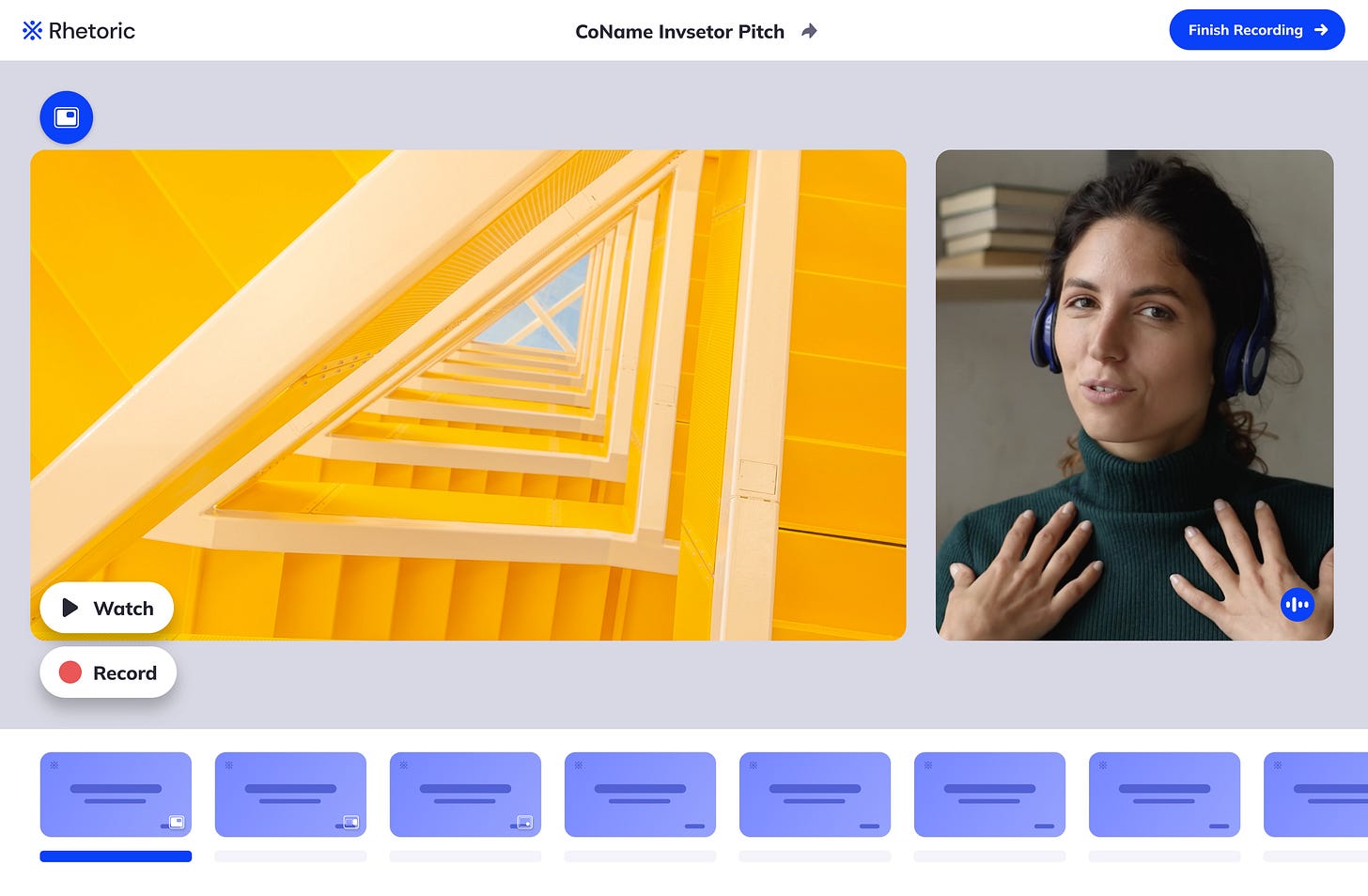Mic Check Vol. 17: Spoiler alert! ⚠️
Think about a presentation you’ll be giving next week. Who is your audience? What will they be doing before you present to them? How will they be receiving your information (Slack? Zoom? In-person? Rhetoric!?). What will they be doing after you present?
I ask because while we love talking about “storytelling” in this newsletter, “storytelling” is something I personally associate with Disney movies and the Lord of the Rings.
Storytelling at work is very different, and that is important to address. Your audience is not curled up on a couch with a blanket and a pint of Jeni’s Brambleberry Crisp ice cream. There will be no “binge watching” a story about everything you’re working on. There will be no “one more episode 😏” conversation at the conclusion of your meeting.
Instead, your audience just sprinted from their last meeting. They are already 3 minutes late to the meeting (but your luckily your expert pre-meeting banter has kept everyone else entertained so far...right?).
The jobs to be done of “storytelling at work” are fundamentally different. Building up your story with conflict that culminates in a “climax” with five minutes left in the meeting is not a good idea. Instead, start with the answer. Spoil it.
“Hi everyone, welcome to the meeting. Frodo and Sam throw the ring into the fires of Mount Doom and everyone lives happily ever after”.
This “start with the answer” framework is called the “Pyramid Principle” (you can find the book by Barbara Minto here) and it is one the many principles McKinsey encourages their teams to use when presenting to a client. It is great for busy executives and when you need to present a recommendation. Add it to your toolkit next time you record in Rhetoric.
Happy weekend,
Raman
📚 Open tabs
What team Rhetoric is reading during those awkwardly-timed few minutes between Zooms.
This one's huge: The White House just unveiled a new AI Bill of Rights. Props to the AI/ML founders who saw around this corner.
I found this to be a really well-articulated take on what happens to innovation during an economic downturn. We often hear anecdotes claiming that innovation either suffers (because survival) or prospers (also because survival), but what does the data say?
Governmental contracts are a totally fascinating ecosystem because the players within them are incredibly well-defined. It's no wonder we're seeing a trend in VC toward investing in—and taking investment from—the US government.
✨ New ways to present better
Here's what's going on at Rhetoric this week:
Introducing: LAYOUTS! You can now switch between three layouts: presenter-focused, content-focused, and split screen (above).
Have a feature idea you want to see in Rhetoric? Add it to our public roadmap!

